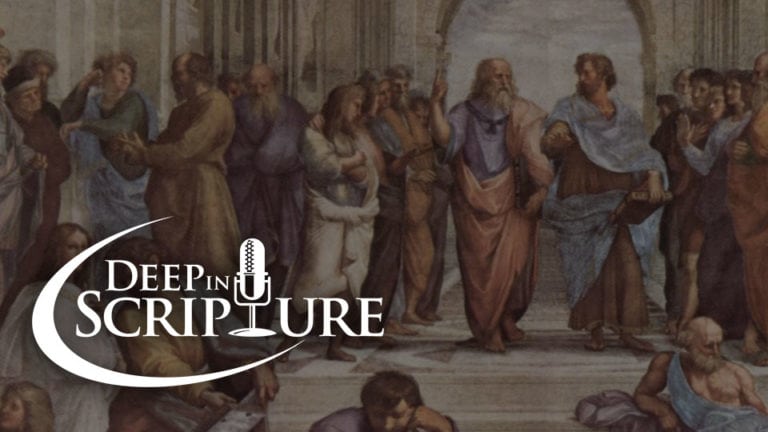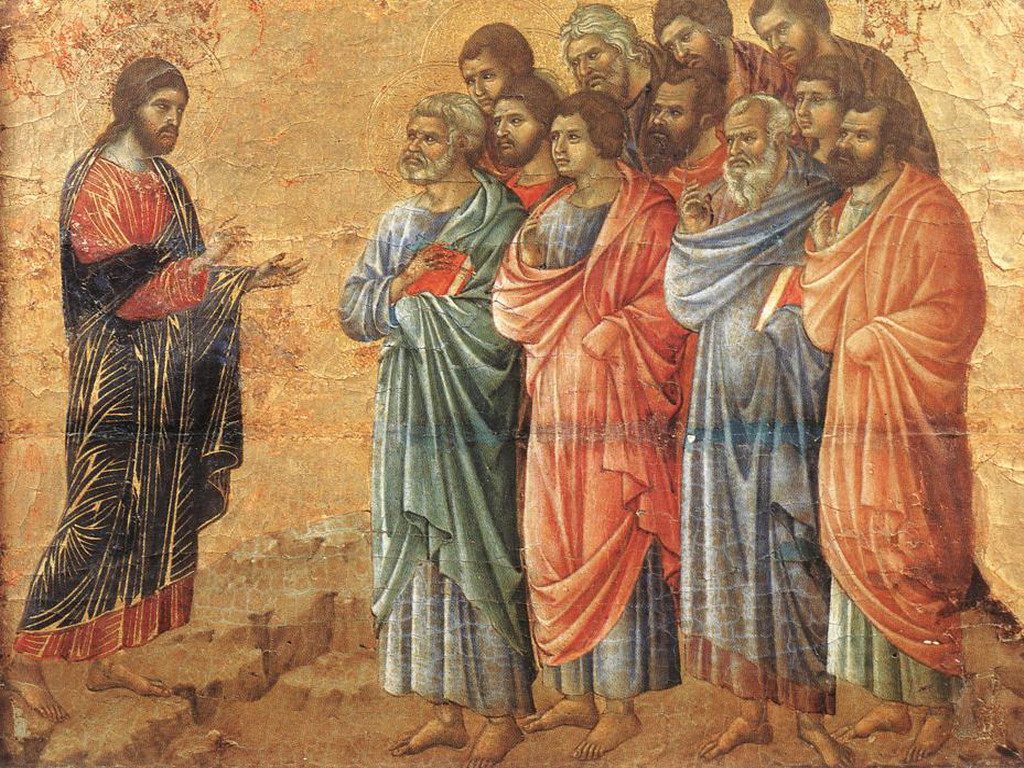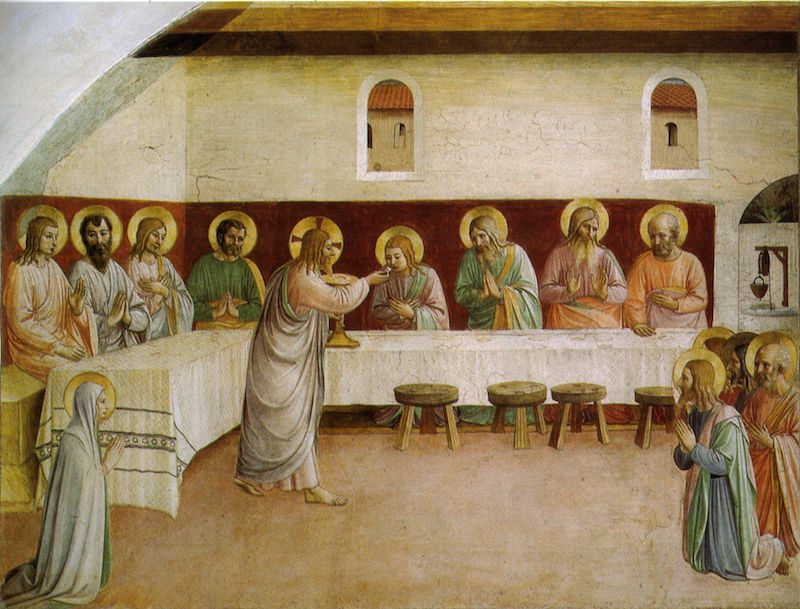Jews, Gentiles, and Works of the Law, Romans 2:6-24 – Deep in Scripture Radio
Marcus and Ken take a listener question about the feeding of the 5,000 and continue their discussion of Romans 2:6-24.


Marcus and Ken take a listener question about the feeding of the 5,000 and continue their discussion of Romans 2:6-24.

In His love, God has revealed Himself to humanity in three ways: (1) through HIs creation; (2) to His chosen people Israel; and (3) through the Gospel. In Romans 1:16-21, we see that because of these revelations, mankind is without excuse. However, also in HIs love, each person was given the freedom to choose.

As St. Paul wrote in verse 21: “So they are without excuse, for although they knew God they did not honor him as God or give thanks to him, but they became futile in their thinking and their senseless minds were darkened.”

Marcus Grodi and Kenneth Howell discuss what happens when people reject God in rejecting his revelation through natural revelation, the prophets, and through the Gospel itself.

At first glance, this passage may seem insignificant, sounds like merely an introduction, breaking ice with these Christians he has never met, before he gets into the meat of the letter, but behind it is the assumption of Apostolic authority & the practice of a Bishop, which was witnessed to in the NT, Paul’s Letter, and the ECF.

What is “the Gospel of God”? When St. Paul said he was not ashamed of the Gospel, or that he was “set apart for the gospel”, what did he meant by “the gospel”? Do all Christians agree on what this means? And what does “the gospel” require of us? What must we believe? What must we do? Or does it even require that we do anything, except believe in Jesus Christ?
Today Marcus Grodi and Dr. Howell begin a series of study on the book of Romans.

How do we tell a world, how do we tell our neighbors, the truth about Jesus Christ and the gift of salvation, when the world, even our neighbors, no longer share the common Christian assumptions? How do you tell them about Jesus when they no longer accept the possibility of a Creator God? Or how do you correct Christians who have inaccurate views of the faith, of Jesus, of the Church, which they only hear you through the lenses of their prejudice, or ignorance? And when does our own pride get in the way when we are trying to help others break form the sin of pride? This is what we will start discussing today on Deep in Scripture.

“What must we do to be saved?” This question draws us into the theological questions of salvation, justification, sanctification, faith and works, and the diversity of opinions on these issues have sadly divided Christians for centuries. Both sides of the arguments claim Saint Paul as their champions, but especially, through Saint Paul, point to Abraham as the model for all men of faith. Many non-Catholic Christians still presume that Catholics believe that they are saved by works, but is this true? And was Abraham a model of faith without works? This is what we discuss today on Deep In Scripture.

Many people asked Jesus, “What must I do to be saved?”, and two thousand years later, many more are still asking this question. Over these two thousand years, many Christians

This weekend in the liturgical calendar is the celebration of the feast of Corpus Christi. All around the world Catholics will be processing in the streets carrying the cross of

Email from Fred: I have friend who believes in reincarnation. He says that resurrection is just a Christian word for reincarnation. Is this true? I always thought resurrection was different

We’ve reached the end of our liturgical celebration and reflection on the resurrection and ascension of Christ our Lord, and now we celebration the gift of the Holy Spirit at


Help us share the truth and beauty of the Church.